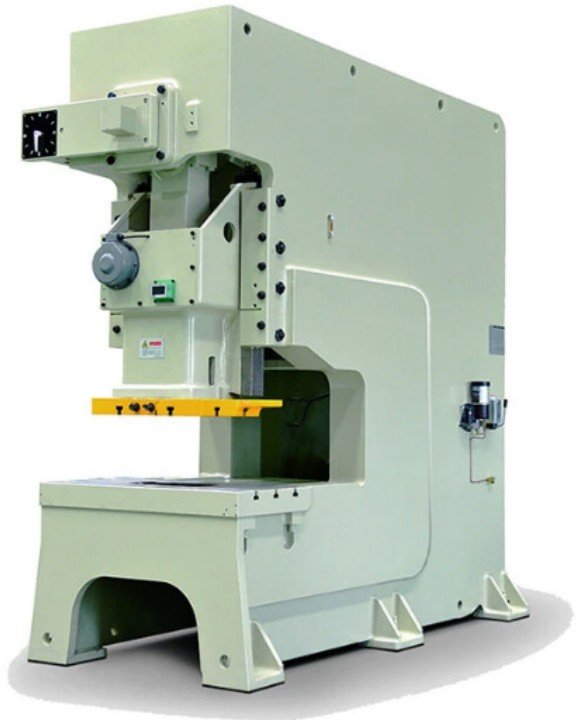Today, people must be thankful for the useful information and results that companies can collect, however, big data has become an important part of technology in the current era. However, creating such large packages of data also requires understanding and finding the right tools to analyze by means of discovering them the accurate piece of information. In order to get a better understanding, big data is considering as the area of data analytics as well as data science which have been supposed to shift through leaving college towards a complete business analytics tool and a big data analytics tool. However, the difference between data analysis and data science is quite confusing these days. Though both are supposed to unify, and likewise they produce dissimilar outcomes and follow not the same methods. On the other hand, when one is considered to look at the information that the business produces, it is important to comprehend that what they can be supposed to convey to the board, and how exclusive they are. On account of this, several companies offer data analytics training courses and also take the services of online data science bootcamp to avail the opportunities of the current market trend. With the purpose of refining the analysis grounded on Big-Data, analyze the two categories, explore the differences between them, and discover the importance they are considered to offer.
Data Science
Data-science is globally known as a multi-disciplinary ground that focuses on retrieving possible information from the raw piece of data on a huge amount. The emphasis is on finding solutions to possessions that people generally not known about it. However, the professionals of Data-science practice a variety of methods to find solutions, integrate computers and integrate automated analysis, statistics, and machine learning to analyze huge databases to find solutions to unsolved problems. However, the primary goal of data scientists is to ask questions and find potential research leaders, less concerned about concrete responses, in addition to more prominence on ruling the accurate interrogation. All the same, professionals are obliged to take data science programs in Texas, who are supposed to ensure this by anticipating possible developments, discovering different independent sources of information.
Data Analytics
It is considered that Data-analytics emphases on the preparation, and implementation of numerical analyses of existing databases. Experts highlight the development of methods for capturing, processing and organizing data to find possible data on the existing concerns, along with responsible facts that how greatest is to exhibit the data. All the same, the field of data analysis is easier to solve for the problems we identify how to the show replies. On the other hand, it is supposed to ground on providing the outcomes which can be lead to direct the improvements. Data-analytics likewise includes many unlike statistical articles and a more extensive analysis to help you connect different data sources and find relationships while delivering simple results with the help of University of Texas data analytics certificate program.
Data Science vs. Data Analytics
In data science versus analytics, it is important to understand not only the key aspects of the two domains but also the elements that separate them. Although people use the terms interchangeably, the lessons are two unique. Simply put, they are not the same – not really: data science is also synonymous with more complex fields that focus on big data processing and the discovery of ideas, innovations, methods and processes. Data analytics is a discipline based on gathering the information that can be applied to help businesses literally grow. It is part of a larger project and could be considered the frontier of data science. Another significant difference in these two areas was explored in the Data-science and Data-Analytics study. Science does not usually focus on specific issues; instead, he devoted himself to organizing big data packages to publish new data.
Data-analytics is inherently more powerful if it is based on specific goals and provides tangible answers to existing knowledge-based questions. Using data analytics tools to get complete information can have a significant impact on achieving sustainable business development. In short, science provides more comprehensive information that includes questions to be answered and answered, while data analysis is a process dedicated to providing solutions to existing problems, problems or obstacles. Though, many are interchangeable with terms, data-science and analytics of big-data which are considered as exclusive domains.
A data-science does not mean answering specific queries but analyzing giant databases to discover information, sometimes in an informal way. Data analysis works best compared to remembering questions that need answers based on the data available. The database produces more detailed information that focuses on the questions asked, while Big Data Analysis focuses on finding the answers to the questions. On the other side, data-science is all about inquiring the requests, not looking for precise responses. However, the area will focus on developing impending movements centred on available data and better data analysis and design. The two domains can be seen as different faces in the same part, and their roles are closely related. The database provides important pillars and analyzes large packages of data to generate initial observations, future developments and potentially important information. Data, however, begs difficult questions, providing important answers that we didn’t know before. When considering these two disciplines, it is important to forget that they are treated as data according to data analysis.
Data Science and Analytics: Points to Consider
Tim Berners-Lee, Web Distributor stated that the data is valuable and lasts longer than the systems themselves. When data-science and data-analytics are fully utilized, strengths must be considered – two areas that can improve efficiency, vision and business intelligence in ways that no other discipline can. Connecting data – finding new data and using current knowledge to grow your business sustainably requires you to choose the right tools or software, network reporting. Self-service analytics platforms benefit from a number of leading, intuitive and usable dashboards, using tools that are not only available but also deliver the results you want very important to any business, however it can be accomplished by data analytics training courses or online data science bootcamp.









